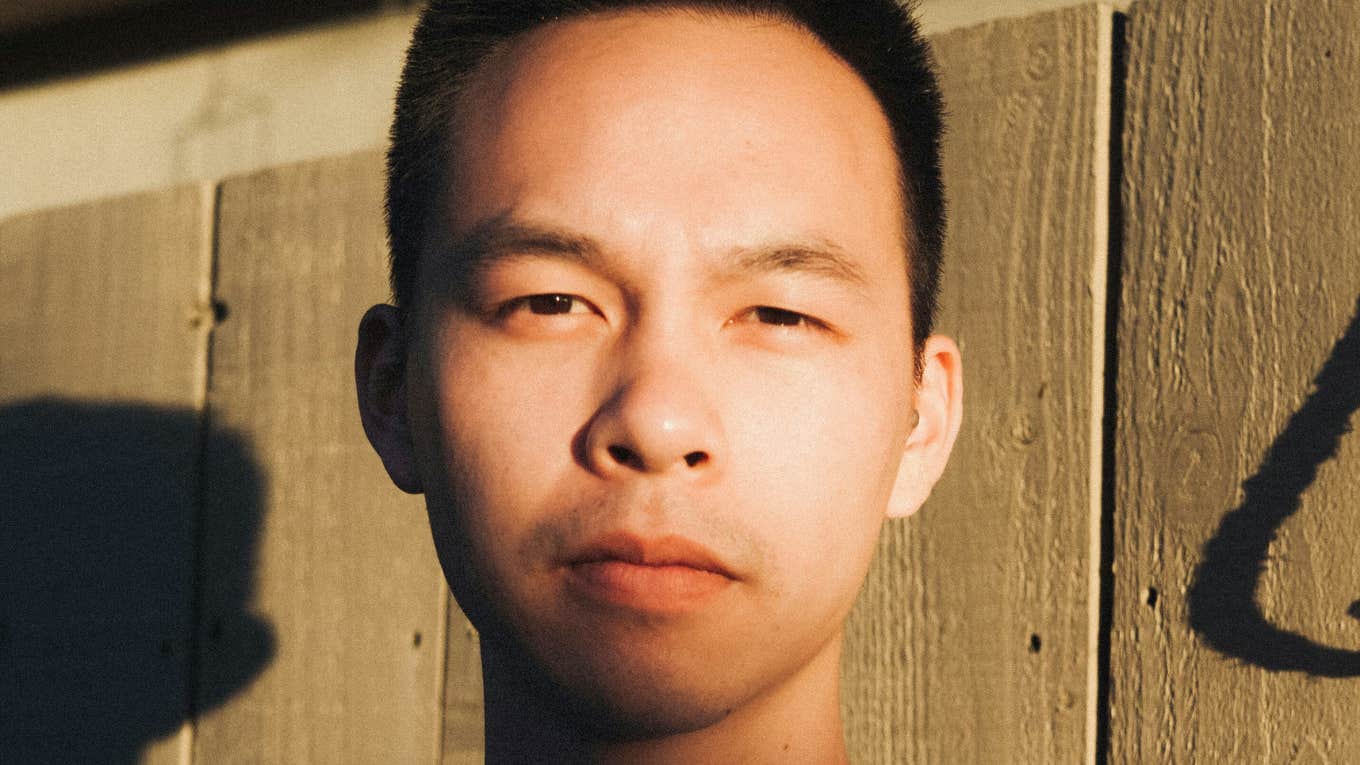People Who Don’t Get Enough Sleep Often Notice These 10 Strange Changes In Their Mind & Body
Skipping sleep doesn't just make you tired — it changes how your brain and body work.
 David Ngo | Unsplash
David Ngo | Unsplash The typical adult needs seven to nine hours of rest each and every night. We all know that sleep is very important, but studies show that most of us aren’t getting what we need. The older we get, the more our lives fill up with work, college, and kids. Therefore, sleeping becomes less of a priority. The effect is more than just eye rubbing and feeling tired.
Not getting enough sleep has serious consequences for your brain and body. A lack of sleep will cause your physical and mental health to suffer. Matthew Walker, a neuroscientist who directs the sleep and neuroimaging lab at U.C. Berkeley, explained that, “The shorter your sleep, the shorter your life.” How exactly does this happen?
People who don’t get enough sleep often notice these 10 strange changes in their mind and body:
1. They have an increased risk of cancer
Scientists link disrupted sleep schedules to increased risks for several cancers, most notably colon and breast cancers. When you consistently shorten your sleep, you're not just battling exhaustion; you're also potentially disrupting processes that protect against cancer development.
You won't feel this happening, either. Unlike the brain fog or irritability that signal sleep deprivation immediately, these changes occur silently over months. By the time poor sleep has contributed to cancer risk, the damage may already be progressing without any obvious warning signs.
2. Their skin ages faster
 PeopleImages / Shutterstock
PeopleImages / Shutterstock
Studies proved that sun-damaged skin doesn’t heal as well for poor sleepers, so those people wind up showing more signs of skin aging. Lack of sleep elevates your body's primary stress hormone.
Elevated cortisol breaks down collagen even faster and triggers inflammation throughout the body. This response accelerates all forms of aging and can exacerbate conditions like acne, eczema, and psoriasis. While expensive serums and treatments might help superficially, no skincare product can replicate what happens during seven to eight hours of quality sleep.
3. They have an increased risk of depression and mood swings
Not getting enough hours each night also negatively affects your mental abilities and emotional state. The Sleep Foundation states that sleeplessness and depression have a "bi-directional relationship."
"This means that poor sleep can contribute to the development of depression and that having depression makes a person more likely to develop sleep issues." You may feel more impatient or prone to mood swings. It can also cause you to have depressive episodes and anxiety attacks.
4. They may gain weight
While there's nothing inherently wrong with gaining weight, people who don’t get enough rest have more cravings for unhealthy meals and a harder time resisting high-calorie foods, which, over time, can lead to health problems. Researchers think hormonal imbalances that result from sleep deprivation are responsible for this.
Exhaustion makes you less likely to move throughout the day. This creates a vicious cycle where poor sleep leads to fatigue, then to inactivity, to weight gain, and this can disrupt sleep quality through conditions like sleep apnea. Sleep deprivation doesn't just make you tired; it rewires your body's hunger signals in ways that feel both confusing and overwhelming.
5. Their vision becomes impaired
The longer you are awake, the more visual errors you’ll encounter, and the more likely you are to experience outright hallucinations. Lacking rest also causes tunnel vision, double vision, and perceived dimness.
If you're experiencing any of these visual symptoms, your body is sending you an urgent message. It's telling you that sleep deprivation has progressed beyond mere tiredness into actual cognitive impairment. Your brain needs rest not just to feel better, but to literally see the world accurately again.
6. They have a weakened immune system
Prolonged sleep deprivation and even one night of sleeplessness can impede your body’s natural defenses against infections and diseases.
Your immune system operates on a schedule, and sleep is when it does its most critical work. Breaking the vicious cycle that is created by sleep deprivation requires prioritizing sleep as the essential medicine for your immune system.
7. They have an increased risk of heart attack or stroke
Not letting yourself rest also affects your body’s ability to heal and repair the blood vessels and heart. Getting enough sleep is vital to keep your heart and blood vessels healthy, including your blood sugar, blood pressure, and inflammation levels.
Therefore, sleeping less increases your risk of a heart attack and stroke. Your body isn't designed to run on empty. When you chronically deny it the sleep it needs, you're literally shortening the lifespan of your heart.
8. They may experience impaired motor skills
 ArtMari / Shutterstock
ArtMari / Shutterstock
In addition to a decrease in fine motor skills, lack of sleep also seems to affect your ability to carry on a conversation, much like having too much to drink. You are clumsier, less productive, and have a hard time concentrating.
Multi-tasking becomes completely impossible, including handling two simple tasks simultaneously feels overwhelming. Sleep deprivation impairs the communication between your brain and body. You're essentially operating with reduced processing power across all systems.
9. Their memory may begin to fail
Studies show that a lack of sleep affects working memory and divided attention. The University of California, San Francisco, also reports that deep sleep is one of the key factors in learning. The report details that, "during non-REM sleep, slow brain waves bolster neural touchpoints that are directly related to a task that was newly learned while awake, while weakening neural links that are not."
When you're sleep-deprived, you often don't realize how impaired your memory has become. You feel functional, unaware that you're making mistakes at work, missing important details in conversations, and gradually losing your grip on the mental sharpness you once took for granted.
10. They're at an increased risk of a car accident
Drowsy driving is dangerous because sleep deprivation can have similar effects on your body as drinking alcohol. Someone who stays awake for 18 hours straight drives like someone with a blood alcohol level of .05 — for reference, .08 is considered drunk.
These are only some of the health problems that are caused by a lack of rest. There are many more consequences associated with it, but remember this if nothing else - people who lack consistent sleep will likely die sooner.
Make sure you spend more time with your pillow and don’t overexert yourself. Your body will thank you for it.
Mitzi J. Hernandez is a writer for Unwritten who focuses on self-care, health, wellness, and self-love.

